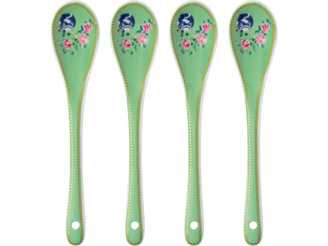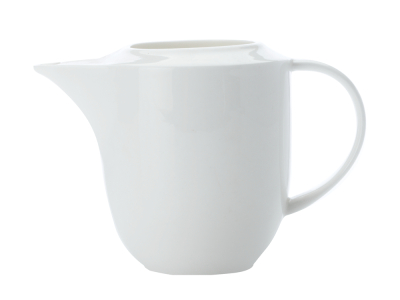Tea Time Around the World
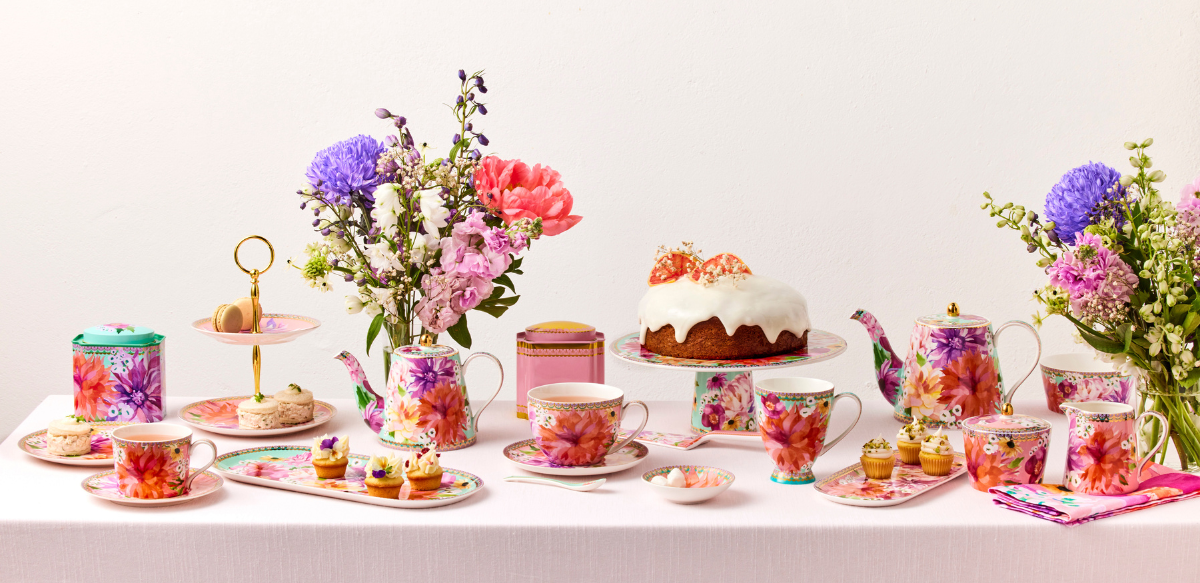
Tea Time Around the World
Tea, the elixir of serenity, has woven itself into the fabric of human culture for over 5000 years, originating in China. From the 9th century, Japanese Buddhist Monks embraced tea cultivation and shared their tea wisdom. Europe only welcomed tea in the 17th century.
Today, tea surpasses borders, uniting people in moments of connection and reflection, ranking as the second most consumed beverage globally, following water.
Beyond its soothing aroma and delightful flavours, tea occupies a special place in hearts and traditions worldwide. Various cultures boast unique tea customs, all sharing the common purpose of fostering connection and reflection.
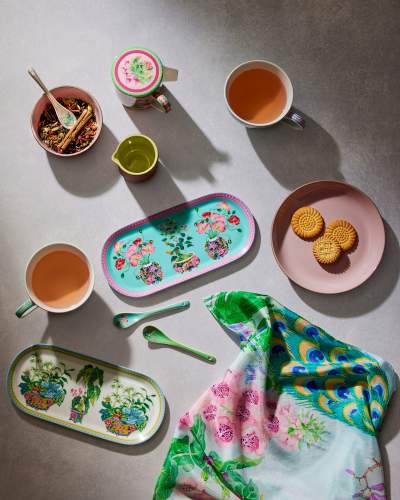
Join us on a global journey to explore tea customs and rituals from around the world:
British Afternoon Tea:
The globally renowned British afternoon tea is an elegant affair. Originating in the late 1840s, this tradition emerged when having only breakfast and dinner was customary. Anna, the Duchess of Bedford, began taking light snacks with tea around 4 pm, bridging the gap between lunch and dinner.
Today, afternoon tea is served between 2 pm and 5 pm. It features a refined ritual with a selection of teas, delicate finger sandwiches, scones with clotted cream and jam, and pastries. This sophisticated tradition is often enjoyed in tearooms, cafes, and hotels, accompanied by fine tea sets. Read our blog post on the "Do's and Don'ts of Afternoon Tea."
Japanese Tea Ceremony (Chanoyu):
Japan's Chanoyu, or tea ceremony, is a deeply spiritual and meditative practice. Also known as Chado ("way of tea"), it is believed that performing the ritual motions of tea preparation can lead to enlightenment. Rooted in Zen Buddhism, this ceremony involves participants gathering in a tea room where a host meticulously prepares matcha (powdered green tea). Every element, from tea utensils to setting, is chosen to create an atmosphere of tranquillity and mindfulness, emphasizing the importance of being present in the moment and appreciating the beauty in simplicity.
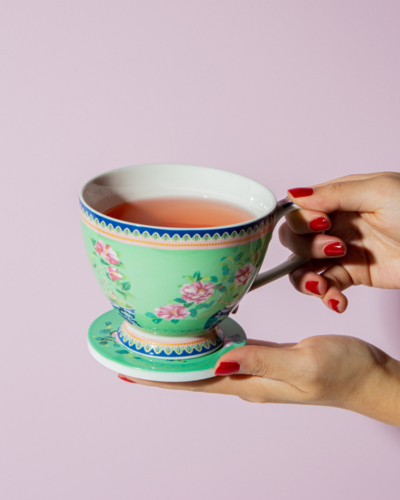
Moroccan Mint Tea:
Introduced in the 1960s, Gunpowder green tea has become an integral part of Moroccan culture. Moroccan mint tea, or "Atay," is a sweet blend of green tea, fresh mint leaves and copious amounts of sugar. It is prepared in a beautifully decorated teapot, poured over tea leaves and mint, and served in traditional tea glasses known as "keesan." Sharing tea is a cornerstone of Moroccan culture, with hosts offering it as a gesture of warmth and welcome. Tea is brewed and served by the man of the house, and it is considered impolite to refuse an offer of tea.
Chinese Gongfu Cha Tea Ceremony:
As the birthplace of tea, China boasts a rich tapestry of tea traditions, and the Gongfu tea ceremony is one of the most revered. Mostly performed by women, it requires great skill. "Gongfu" means "time" or "effort," and "Cha" translates to "tea." This time-consuming ritual, emphasizing patience and reflection, involves steeping tea leaves in small clay teapots and serving them in tiny cups for multiple infusions. The ceremony highlights the appreciation of the tea's aroma, taste, and texture.
Russian Samovar Tea:
Enjoyed since the 17th century, tea is a national beverage in Russia. Tea time is synonymous with the samovar, a traditional tea urn. Russian tea, typically black and strong, is served with accompaniments like lemon, jam and pastries. The samovar keeps the tea hot, facilitating continuous refills. Tea gatherings in Russia are social events, fostering conversations, storytelling and a sense of community.
Tibetan Yak Butter Tea:
Tibetan butter tea, or Po Cha, is a unique and nourishing concoction. Made by boiling crushed brick tea in hot water for half a day, it includes tea liquor, yak milk, butter and salt. Po Cha is a symbol of hospitality and unity, traditionally churned to create a frothy consistency and served in small bowls. It is a source of sustenance in the high altitudes and harsh climate of Tibet and an essential part of Tibetan culture with nomads known to drink up to 40 cups per day.
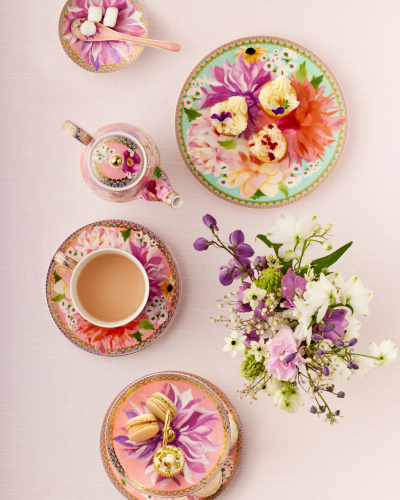
Our Favourite Tea Time Essentials:

